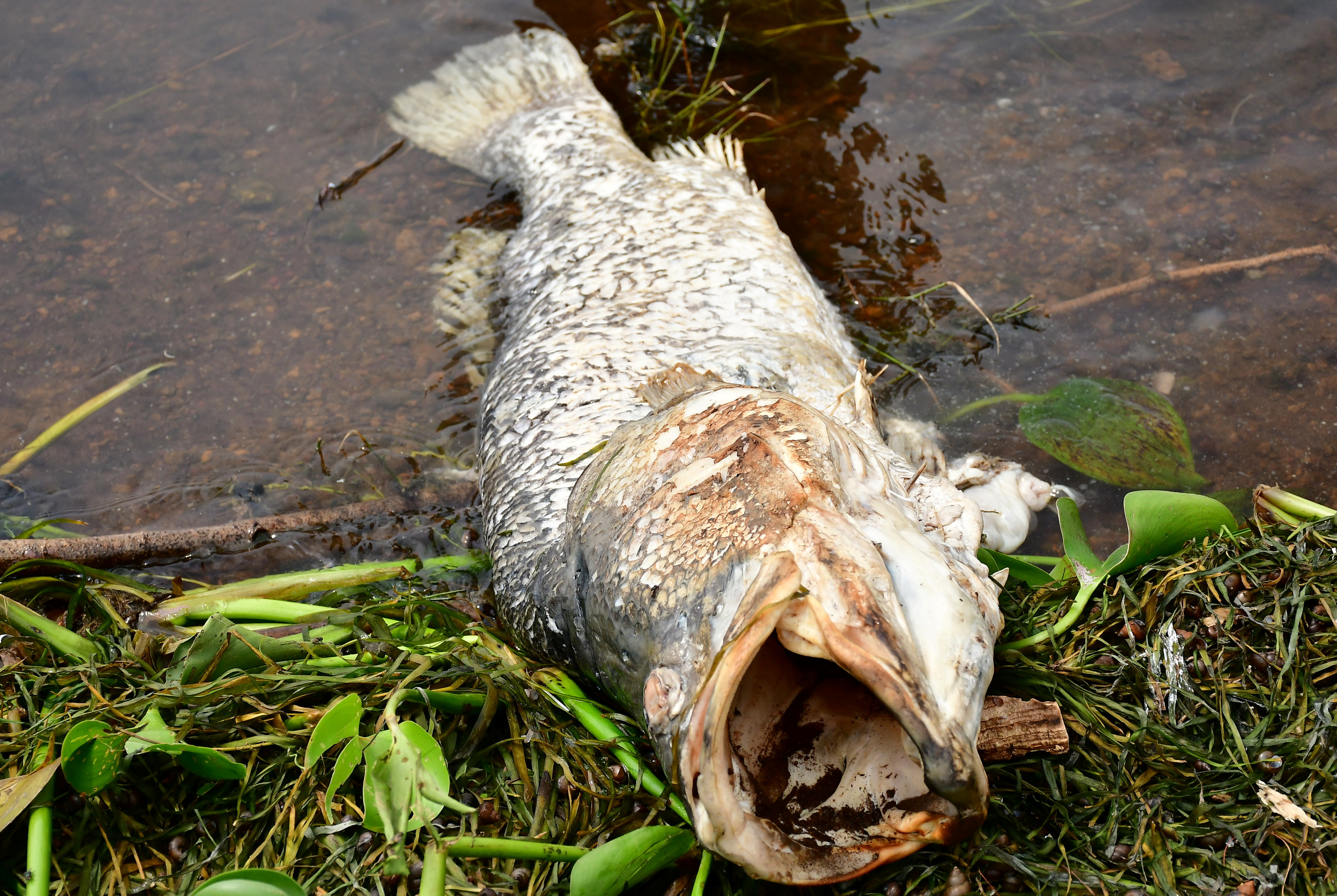With these opening shots, the film’s focus has been established—an interrogation of the dire economic and environmental consequences of introducing perch into the Lake Victoria eco-system.
With a blatantly environmental message, The End of the Line, on the other hand, contrasts a seemingly pristine ocean with its disastrous future. Close-ups of sea life and sky show the passage of time. Coral, neon-colored fish, and crabs are accompanied by violin music. They are revealing a “Marine Protected Area” in the Bahamas, the narrator (Ted Danson) tells us, “protected from the most efficient predator.” The music becomes ominous now, as a shark swims by, but the crescendo rises when the hand of a fisherman brings up a line and nets of fish, trawling that the narrator explains is “like plowing a field seven times per year.” We are the predators, the image tells us, and the title, The End of the Line rolls on the screen.
The Cove draws on the emotional appeal of animal rights arguments in its strong advocacy for the dolphins of Taiji, and Darwin’s Nightmare provides a passionate critique of the human consequences of destroying Lake Victoria’s ecosystem, but both Darwin’s Nightmare and The End of the Line immerse themselves in wise use environmental arguments similar to Aldo Leopold’s land ethic.
Although Darwin’s Nightmare and The End of the Line more logically connect with long-term environmental solutions, however, because The Cove meets its goal to end dolphin slaughter, at least temporarily, and slow its progress, we argue that the film employs the most effective rhetorical strategies, emotionally-appealing strategies grounded in the Animal Liberation Movement’s claims that all animals are equal because, like humans, they feel pain.





No comments:
Post a Comment